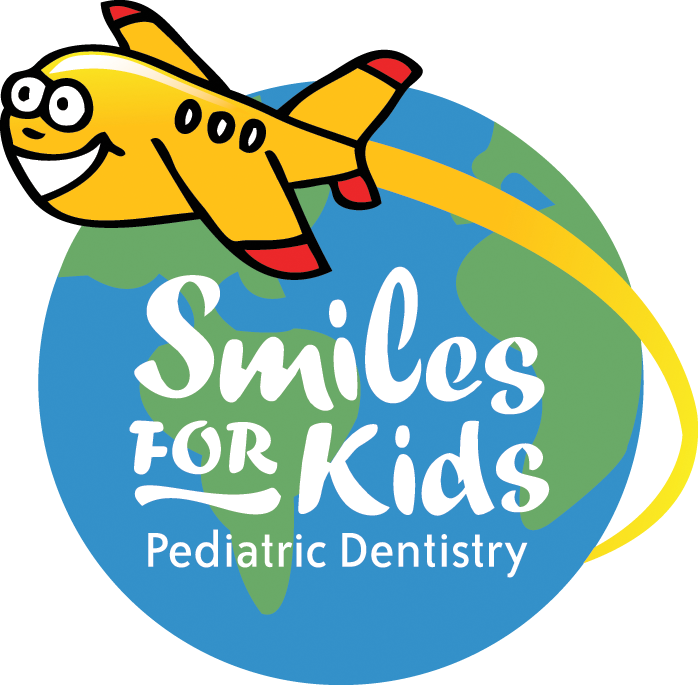From Toothless to the First Tooth: Oral Care for Infants Tips
/Dr. Lindhorst and the staff at Smiles For Kids know that a great smile that can last a lifetime begins even before the baby teeth erupt! Cleaning the mouth is important even during infancy. Bacteria and germs can accumulate in the mouth regardless of age. Oral care for infants is not just about having healthy teeth but it is also about maintaining good overall health. We want our patients and parents to have happy checkups every six months instead of more frequent visits to repair damage to little teeth!
In order to clean the baby's mouth, start by gently wiping the gums with a wet washcloth or gauze after feeding. Do not worry about irritating the baby as infants are very focused on their mouths and most likely the baby will be tickled by massaging of the gums and find it soothing. This way you can get rid of excess sugar and of bacteria that can cause decay. It also gives the child an opportunity to get used to his or her teeth being brushed later on when the teeth start to appear.
Between the ages of six months to a year infants begin to sprout teeth. Once this happens, a small toothbrush or one made especially for infants can be used. By this time, the infant should be used to the feeling of his or her teeth being cleaned. Choose soft, rounded bristles to prevent the gums from being scratched and apply minimum pressure.
Initially, using water to brush the teeth is fine. However, the dentist may recommend the use of toothpaste later. Before 18 months of age, toothpaste should be free of fluoride, so called "training toothpaste". Even then, use a small amount because even pea-size recommended by the toothpaste makers, is more than necessary. Toothpastes come in various flavors and it might be appealing for the infant to eat it. Try to prevent this from happening and use as little toothpaste as possible because the ingestion of excess fluoride may not be healthy for the child. However, at about the age of 18 months, changing the toothpaste to one with fluoride is important for healthy development of permanent teeth and for cavity free baby teeth.
Brush the baby's teeth at least twice a day, but especially at night. One of the leading causes of oral problems in infants is "baby bottle" decay. Breast and cow milk, formulas and juices contain a lot of sugar that can speed up the development of cavities. The problem arises when the baby is too attached to the bottle at night and is used to falling asleep with it or is nursed multiple times at night once the teeth erupt. All the sugar in milk, formula or juice stays on the teeth all night long and facilitates development of cavities quickly. The enamel of baby teeth is much thinner than that of permanent teeth. Thus, decay can happen more quickly for the younger set. The enamel can be destroyed until the nerve is affected. When this happens, the infant can feel discomfort and pain because of the infected tooth.
Although baby teeth will eventually fall out, the proper oral care for infants is critically necessary. Experts agree that baby teeth should stay in the mouth for as long as possible as some are not scheduled to be replaced until twelve years of age. These initial teeth serve as guides for where the permanent teeth will grow and a space saver for the permanent teeth. If a tooth falls out too early, the surrounding teeth have enough room to tilt and move towards the gap left behind thus leaving no room for the permanent teeth. In addition pain and suffering as well as infections requiring medical visits and emergency room IV antibiotic treatments are possible if baby teeth have deep and persistent decay. Finally as we all know, treatment of decayed teeth requires cooperation from children and with young ones it might be a costly procedure involving sedation and high cost for the family. Therefore we highly encourage parents to start infant oral care from the earliest years and to visit a pediatric dentist by twelve months of age.
